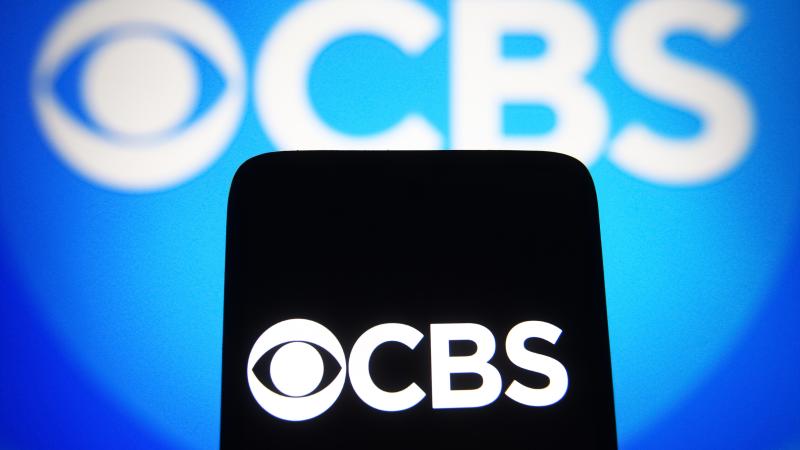Washington state wealth tax would target 'worldwide wealth' of billionaires
Some of the world’s richest – including Amazon founder Jeff Bezos and Microsoft co-founder Bill Gates, have lived in Washington.
Washington state multibillionaires would pay a wealth tax under a proposal that got a public hearing before the Senate Ways and Means Committee.
Senate Bill 5426 would impose a 1% tax on intangible financial property such as stocks, and bonds, futures contracts, and publicly traded options. The first $1 billion of assessed wealth would be exempt from the tax, which “equals one percent multiplied by a resident’s taxable worldwide wealth.”
“This is a great attempt to bring fairness to our tax structure which is pretty upside down with the lower income paying 17% of their income in taxes and the upper 1% paying 1% or less,” bill sponsor Sen. Sam Hunt, D-Olympia, said at the Tuesday afternoon virtual public hearing.
His comments mirrored the bill’s lengthy preamble, which makes the case for taxing the uber-rich.
“Washington has long led the way with innovate and bold ideas that have changed the world,” the bill reads. “Many of the world’s greatest innovators and artists, engineers and entrepreneurs, and scientists and social activists have called Washington home.”
Some of the most moneyed people in the world – including Amazon founder Jeff Bezos and Microsoft co-founder Bill Gates, among others – live or have lived in the Evergreen State.
The bill’s preamble says Washington’s regressive tax code threatens the state’s “status as an economic and social leader.”
“Asking the state’s poorest residents to pay six times more in taxes, as a share of their income, than the state’s highest income households, including some of the wealthiest individuals in the world, is unconscionable,” the bill says.
The bill also makes the case for the wealth tax in the context of the ongoing COVID-19 pandemic. It notes that even as small businesses have struggled, and in some cases closed, the richest people have gotten richer over the last nine months. The stock market, the legislation states, has soared to record highs despite the pandemic-impacted economy, noting the net worth of the nation’s billionaires has increased by $1 trillion.
“Therefore, the legislature intends to disrupt the long-standing systemic inequalities in our tax code laid bare by the coronavirus pandemic as we recover, rebuild, and transform Washington’s economy,” the bill says.
Revenue brought in by the tax would be used to offset the tax bills of low- and middle-income people and small start-up businesses. The money would also go toward funding services such as education, child care, public health, housing, and public safety.
Per the bill’s fiscal note, SB 5426 would increase revenues by $1.8 billion when first collected in October 2024, with a slight drop off in subsequent years to account for tax avoidance behavior.
The idea of a wealth tax was appealing to many people, with 20 of the 21 people who testified before the committee favoring of the bill.
“Whether it’s the wealth inequality, the racial wealth gap, climate-fueled weather events, our society is becoming more extreme,” said Carolyn Brotherton, policy associate with the Economic Opportunity Institute. “But the growing gulf between the haves and the have-nots is not a law of nature, it’s a choice.”
She went on to tell the committee, “Taxing extreme wealth is pragmatic policy. The economy is becoming more financialized and wealth is becoming much more concentrated. We should be using the best tools available to us to build a sustainable revenue system.”
Brian Boland, co-founder of the Delta Fund investing portfolio, agreed.
“I’ve studied how wealth and income inequality has exploded over the last two decades and accelerated during the pandemic,” he said. “Today we find ourselves at a level of inequity that we haven’t seen since the Gilded Age. You have the opportunity and the power to make meaningful updates to our tax code to make it more equitable.”
Andrew Villeneuve, founder and executive director of the Northwest Progressive Institute, said his organization’s polling shows strong support for a wealth tax.
“Why are Washingtonians so enthusiastic about levying a wealth tax?” he asked. “Our team thinks it’s because the voters of our state understand it’s always been part of the genius of America to pool our resources to get things done.”
The lone voice in opposition to SB 5426 was tax accountant Sharon Hanek, who threw cold water on the legislation’s vague definition of “worldwide wealth.”
“There is no clear definition on what that worldwide wealth is,” she said. “There are no definitions on – are we using fair market value? Are we using current trade value? Purchase value? Appreciated value? How is this number supposed to be calculated? Do we get to subtract out initial investment purchases? We don’t know because of this definition.”
She then criticized the bill for its overreach.
“And other states don’t use a worldwide concept,” she noted. “Most states which have income taxes only tax within their boundaries or tangent to their boundaries. This bill goes beyond what other states are doing in taxing the worldwide wealth.”
She concluded, “SB 5426 will make Washington state worse than the IRS. Please vote against it.”














